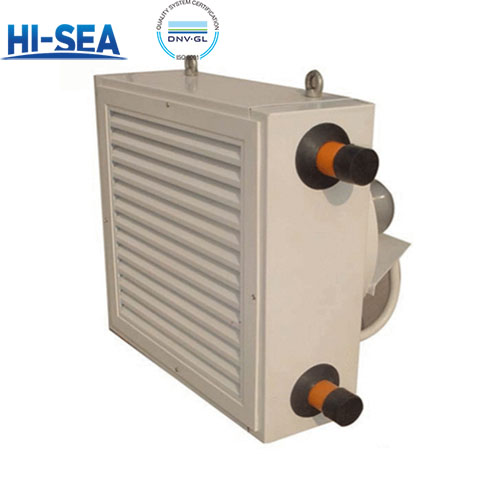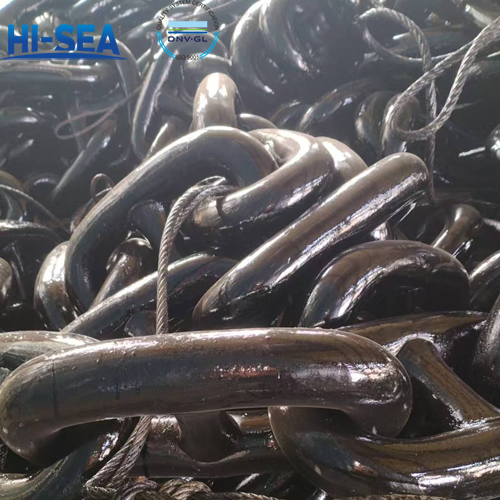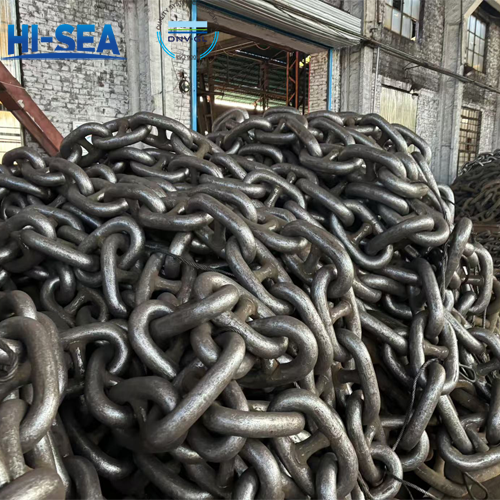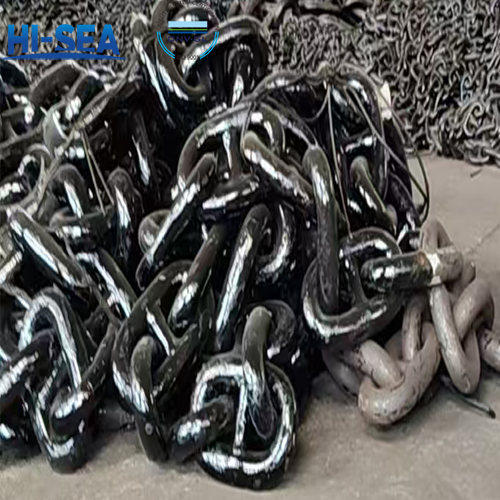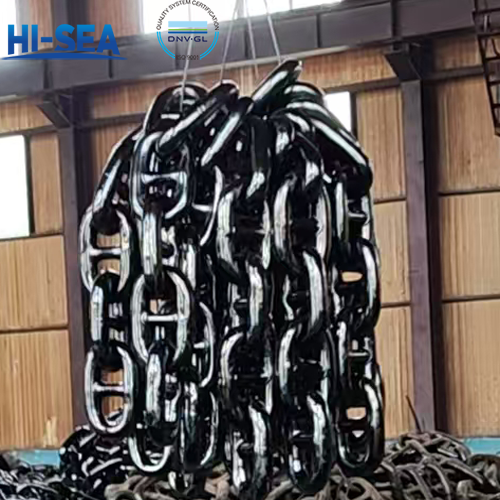
What is the difference between Marine Hot-water Fan Heater and Marine Electric Heating Fan Heater?
Marine Hot-water Fan Heater: By using hot water as the heat source, the heat from the hot water is transferred to the air by using a radiator, and then the hot air is blown out by a fan to realize the heating effect. This type of heater is usually connected to the hot water supply system.
Marine Electric Heating Fan Heater: It uses electric heating elements such as electric heating wires or PCT heaters to generate heat directly and blow the hot air out through a fan. It does not require an external heat source and only needs to be connected to the power supply to work.
Overview
Differences between environmental protection and energy efficiency:
Marine Hot-water Fan Heater: As it utilizes the heat energy from hot water, it has higher thermal efficiency and lower energy consumption compared to electric heater. At the same time, it does not produce electromagnetic radiation, carbon monoxide and other harmful substances, no pollution to the indoor environment, which is conducive to the protection of human health.
Marine Electric Heating Fan Heater: Although the heating speed is fast, it may be slightly inferior to hot water type heater in terms of energy efficiency and environmental protection. Electric heating elements in the working process will produce a certain amount of heat loss, and if the source of electricity is not clean enough, it may also have a certain impact on the environment.
Differences in comfortability:
Marine Hot-water Fan Heater: Through the circulation of hot air, it realizes the uniform distribution of indoor temperature and avoids the phenomenon of localized overheating or overcooling that may be caused by the traditional heating equipment, which improves the comfort of users. At the same time, it works with low noise, which is conducive to creating a quiet and comfortable living environment.
Marine Electric Heating Fan Heater: Heating speed is fast and can quickly raise the indoor temperature. However, in some cases, its heating range may be relatively limited, resulting in uneven distribution of indoor temperature. In addition, if the electric heating element is more powerful or the fan is noisy, it may affect the user's comfort.

